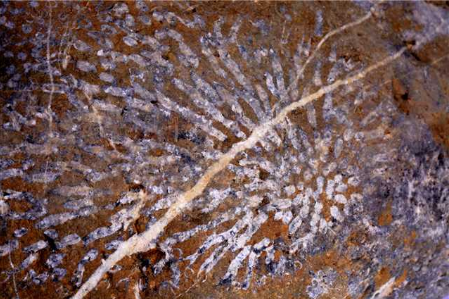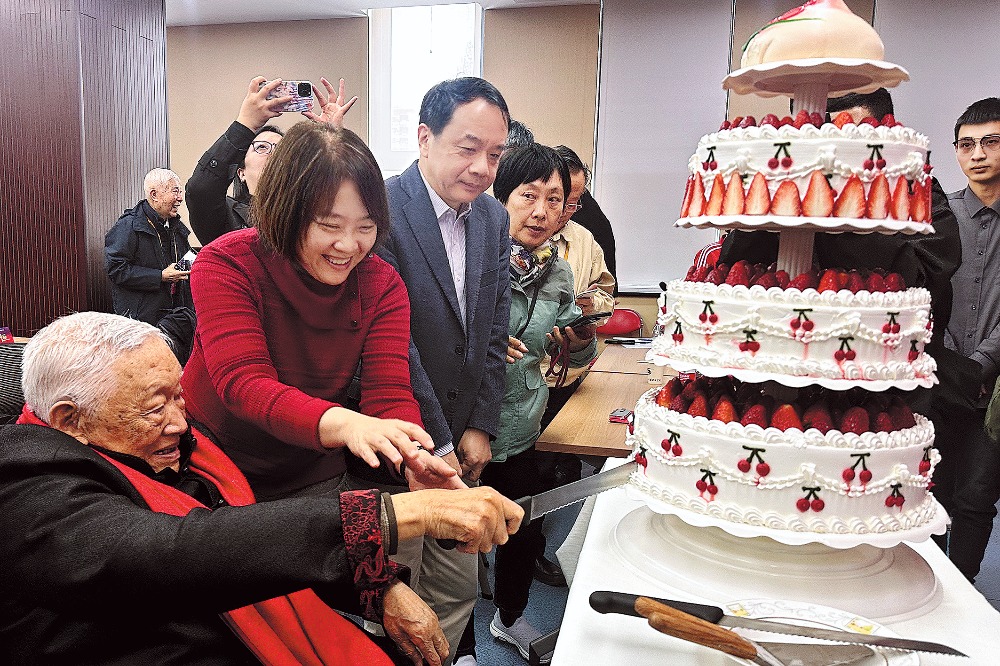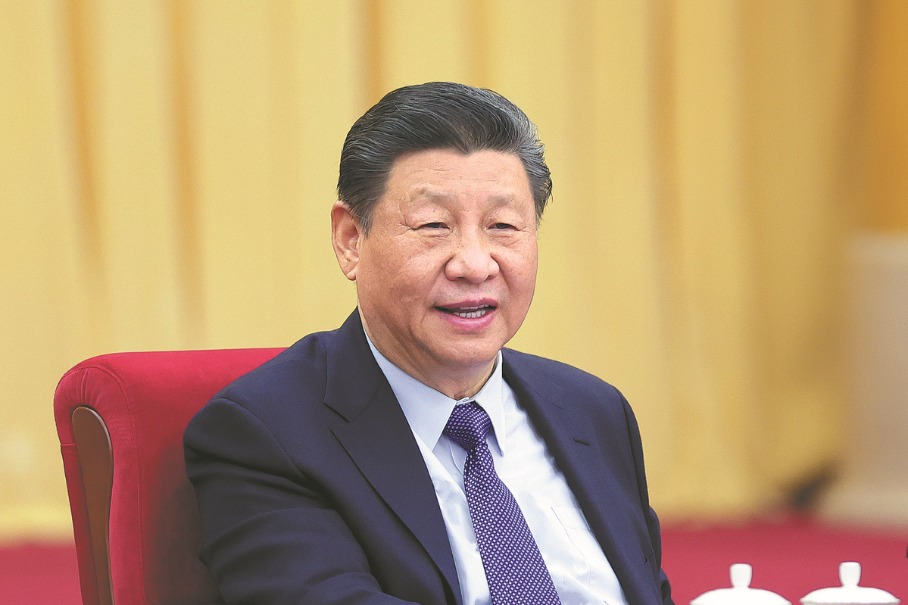China achieves major breakthrough in kidney transplantation

In a groundbreaking medical achievement, the surgical team at Xijing Hospital, led by Professor Qin Weijun and guided by Professor Dou Kefeng, successfully performed a multigene-edited pig-to-brain-dead human recipient xenogeneic kidney transplantation on March 25.
This procedure marked the first of its kind in China, following the hospital's previous success in conducting the world's first "multiple gene-edited pig-to-brain-dead human recipient" xenogenetic liver transplantation earlier last month.
For patients suffering from end-stage renal disease, this marks a remarkable step forward in research.
For patients awaiting allogeneic renal transplant, the shortage of organs has posed a critical challenge. However, advancements in gene editing technology and immunology have opened the door for xenotransplantation research as a potential solution to address this shortage.
The successful transplantation was made possible by the collaborative efforts of 21 hospital departments, including urology, hepatobiliary surgery, anesthesiology, among others.
The donor pig, provided by Chengdu Clonorgan Biotechnology Co Ltd underwent genetic modifications to minimize the risk of rejection. The recipient, who was confirmed as brain dead, and his family willingly participated in this pioneering research, showing their dedication to advancing medical science.
During the operation, the surgical team transplanted the gene-edited pig kidney into the recipient's body. The transplanted kidney functioned properly for nine days, producing urine normally.
This accomplishment signifies a crucial milestone in xenotransplantation, giving hope for future clinical applications and presenting new avenues for patients with end-stage renal disease.
Prof. Dou Kefeng highlighted the potential of xenotransplantation research in overcoming the scarcity of donor organs, which could potentially save numerous lives by decreasing waiting times or prolonging the lives of patients on the organ transplantation waiting list.
- China achieves major breakthrough in kidney transplantation
- Reveal the truth of AI scam
- China's top anti-graft body vows intensified crackdown on misconduct, corruption
- 9 dead, over 1,000 injured in 7.3-magnitude quake in China's Taiwan
- ROK-born giant panda Fu Bao returns to China
- Eight missing after ship collision in South China





































